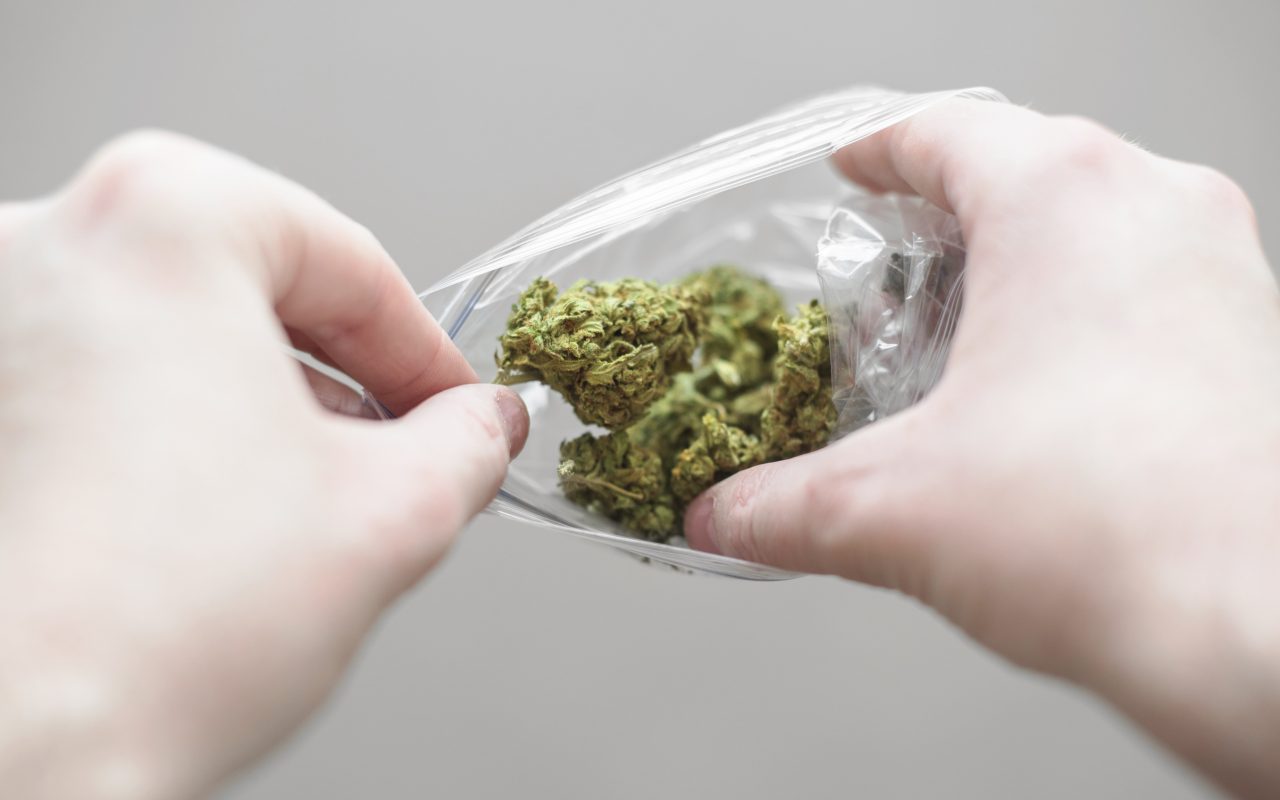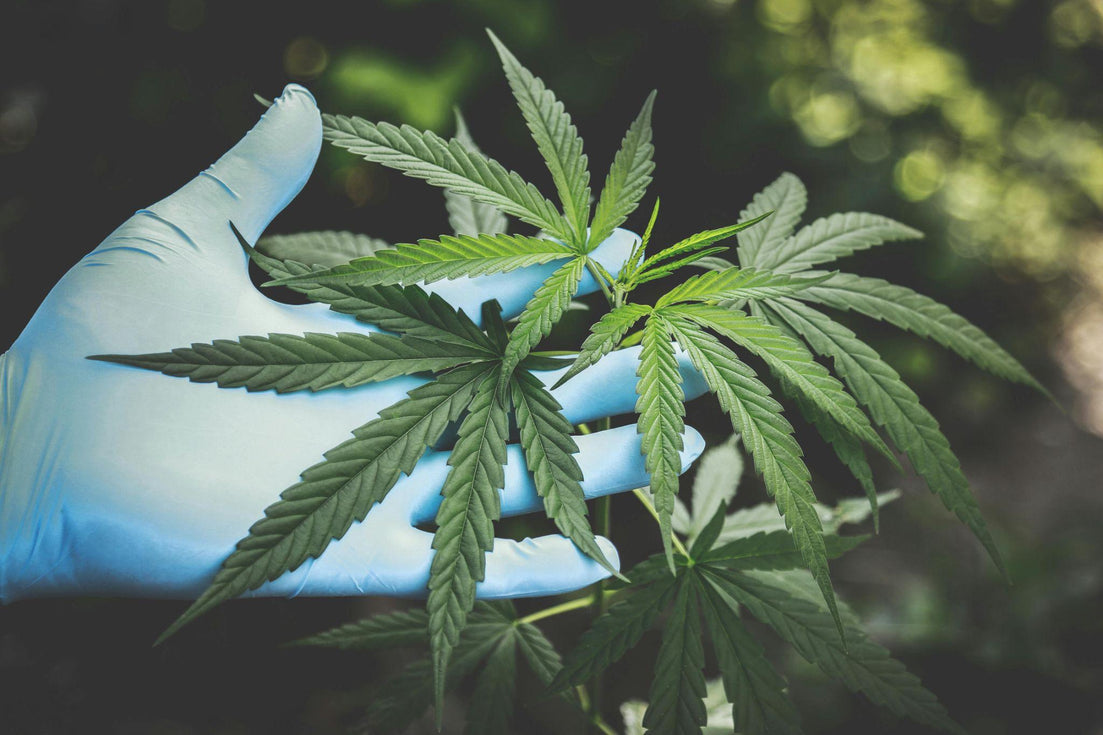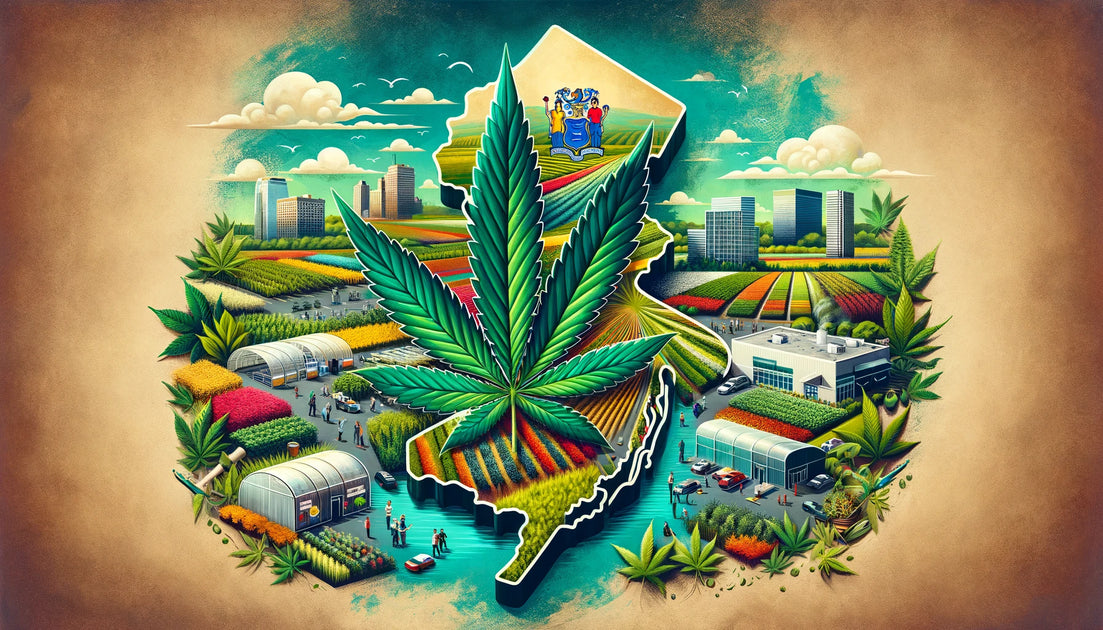Your cart is currently empty.

Every stoner knows that a good rip off some great Indica strain will have them fast asleep in no time. But why? What is it about weed that makes us sleepy and how does it affect our sleep cycles? Can it help you achieve restorative sleep caused by going into deep sleep? Can taking a rip off your favorite bong as part of your regular nightly routine really help you get better sleep? In this article, we’ll explore the effect cannabis has on deep sleep.
What is deep sleep?
Deep sleep, also known as restorative sleep, is the step in the sleep cycle that is responsible for healing, restoration, and recovery. The first two stages of sleep the body goes through are to relax your body and prepare you for deep sleep. Once you hit deep sleep, your body detoxes and repairs itself.

Photo by: @theexpendables
During sleep, cerebrospinal fluid, or CSF, flows into the brain, helping wash it clean of waste products that accumulate throughout your day. When you’re awake CSF surrounds your brain, helping to protect it from harm, but during sleep, research has found that it flows into the brain, removing toxic byproducts.
Without deep sleep and CSF’s cleansing process, the build-up of byproducts could have a hand in the development of many different conditions, including Alzheimer’s. It also helps to reduce “brain fog” and helps you to feel refreshed, well-rested, and ready to start your day.
How cannabis affects deep sleep
Deep sleep is the part of the sleep cycle that is most affected by cannabis. When you smoke at bedtime, you alter the endocannabinoid levels in your body. Research has shown that THC can extend the amount of time you spend in deep sleep while also shortening the amount of time you spend in rapid eye movement (REM) sleep, which is the dreaming stage of sleep when memories get stored.

Cannabis can help you achieve deep sleep. Photo by @starcard668
It’s hard to say what overall impact can occur on the body because of increased time in deep sleep. We do know that less time spent in REM sleep could make recording new memories a little more difficult. We also know that when you’re woken up during deep sleep, you feel more groggy and have a difficult time adjusting to being awake.
Once you build up a tolerance for marijuana, you may notice that it has less of an impact on your deep sleep. Taking a tolerance break (stopping consumption of marijuana for a designated period of time in order to reduce your tolerance) will likely help to bring that sedative effect back.
Sleep deprivation
When you don’t get enough deep sleep, your body can’t properly heal itself, recover, and clean out any waste that’s accumulated. Sleep deprivation can also cause imbalances within your endocannabinoid system, the network of cell receptors in our body that regulates everything including mood, appetite, reward response, the immune system, and even our circadian rhythms (the body’s natural sleep-wake cycle).

This beautiful photo by @terpo.420
The relationship between the endocannabinoid system and our circadian rhythms is complicated. A recent study found that levels of the endocannabinoid, Anandamide, become very dysregulated when a person is sleep-deprived. Anandamide is one of the primary compounds that THC can replace in the body because it bonds to the same receptors. The non-psychoactive component of marijuana, CBD, can also boost anandamide levels.
When you’re sleep-deprived, your brain produces more endocannabinoids automatically. Research has found that levels of 2-arachidonoylglycerol (2-AG), another endocannabinoid similar to THC, are significantly higher when you’re deprived of sleep. 2-AG helps to regulate pleasure, pain, and appetite. 2-AG makes you feel hungrier and sleepier; it’s your body’s natural way of getting you to go to sleep.
Endocannabinoids become so out of sync when you’re sleep deprived that it’s no wonder that insomniacs love medicines with cannabinoids. High-CBD cannabis is known to help improve endocannabinoid tone in those that are imbalanced.
Picking the right strain for sleep
Not all cannabis will help you fall asleep. Sativa strains are known to be more energizing, so you want to avoid anything that’s a Sativa or a Sativa-dominant hybrid. Indica strains are more ideal for sleep problems. While Sativas provide more of a cerebral high, Indicas create a strong body relaxation and high. If you try any of the following Indica strains, you’ll be dozing off to sleep before you realize it:
- Afghan Kush
- Granddaddy Purple
- Bubba Kush

Smoking weed can help you fall asleep easier. Photo by @thekloud9ine
Partaking in a little cannabis before bed can help you catch up on some much-needed rest, making your insomnia a thing of the past. Taking a big rip of an Indica strain out of your favorite bong before bed could be the perfect nighttime routine to cure your insomnia. If you find it to not be as effective after a while, taking a tolerance break could help you get back to the relief to which you’ve grown accustomed. We recommend talking to your regular physician before jumping into any sort of treatment.



